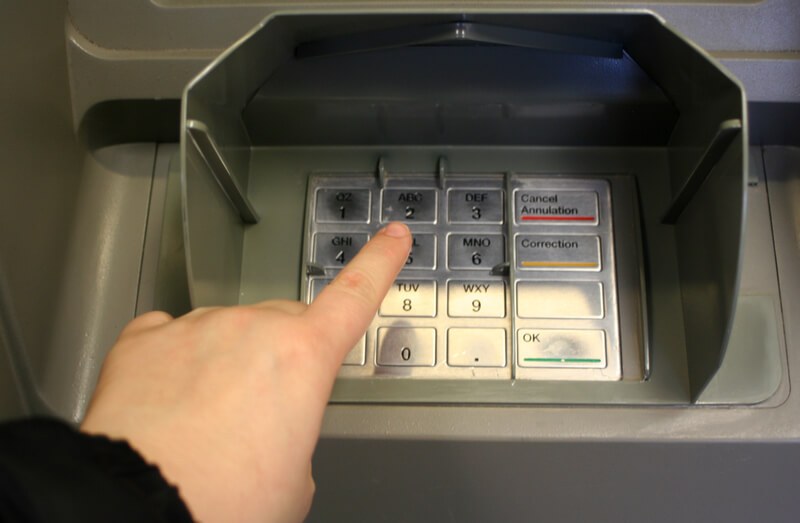Tribune de Genève.
Last October, Geneva state councillor Mauro Poggia, had his department send out close to 91,000 letters to those receiving social benefits, asking them to contact the authorities if they had failed to declare any assets or income. Laurent Paoliello, a spokesperson from the DEAS, said they received 3,200 letters back. So far, we haven’t been through all the letters, he said.
Another surprise was the 2,400 letters that were returned because the address was wrong or the recipient had died or left the country.
New penal code provisions mean sanctions against beneficiaries for non-declared assets and income are now stiffer. Benefit fraud can now results in prison, fines, and deportation for five to fifteen years.
The new automatic international exchange of bank account information, which started on 1 January 2017, will make it difficult to hide undeclared foreign bank accounts. Banks from a long list of countries, including Switzerland, were required to start identifying non-resident account holders from 1 January 2017, and be ready to share this information from the beginning of next year. In addition, those with undeclared real estate abroad will be easier to identify. Rent and service charge transactions may be among the transactions in and out of some undeclared foreign bank accounts.
Those found to have received benefits money that they were not entitled to will have to reimburse it, at least in part, depending on their financial situation. “If such an agreement can be reached, they won’t be arrested, unless they have acted fraudulently” said the spokesperson.
More on this:
Tribune de Genève article (in French) – Take a 5 minute French test now
Tags: Editor's Choice,Immigration,newslettersent,Personal finance


































